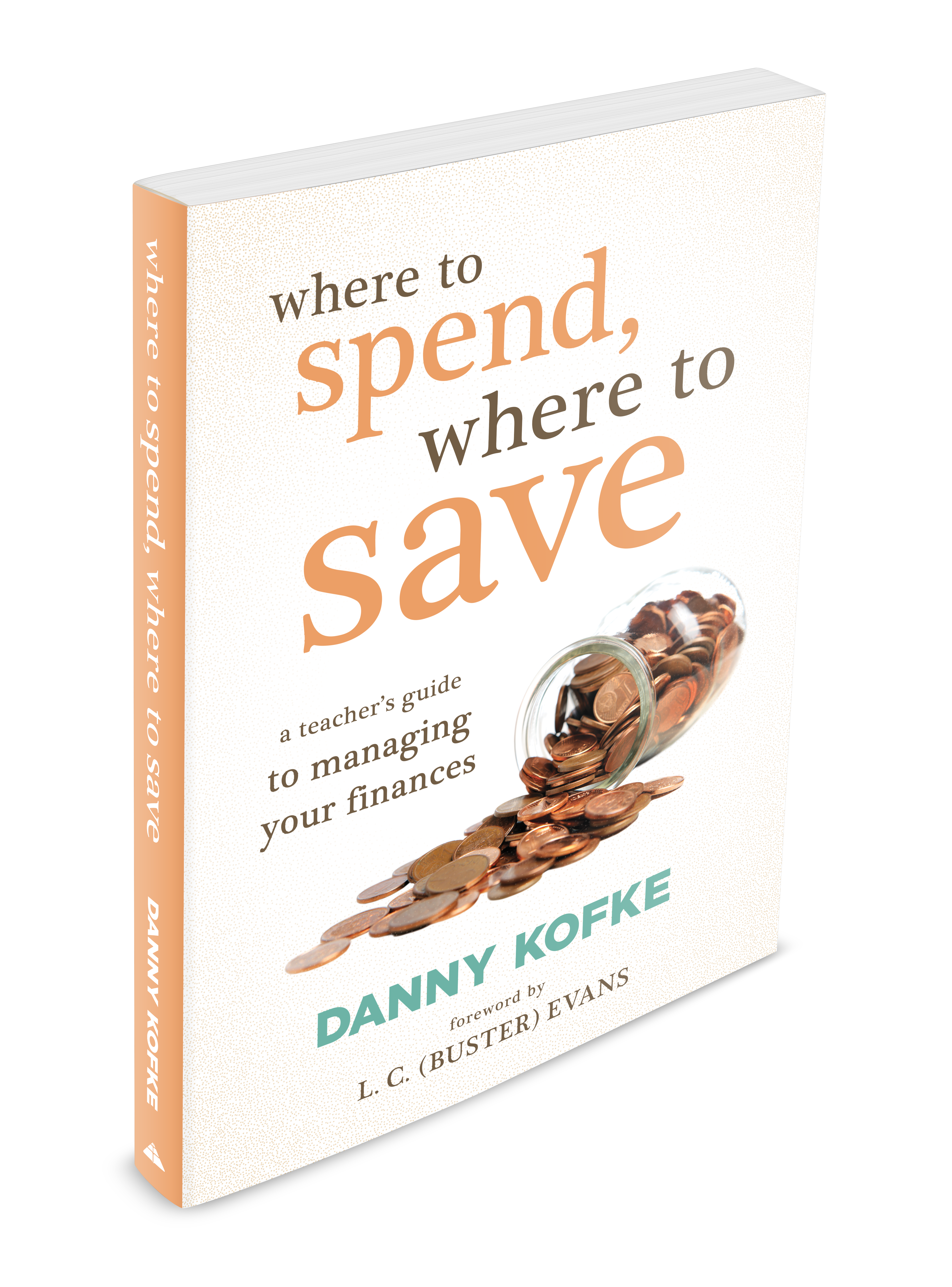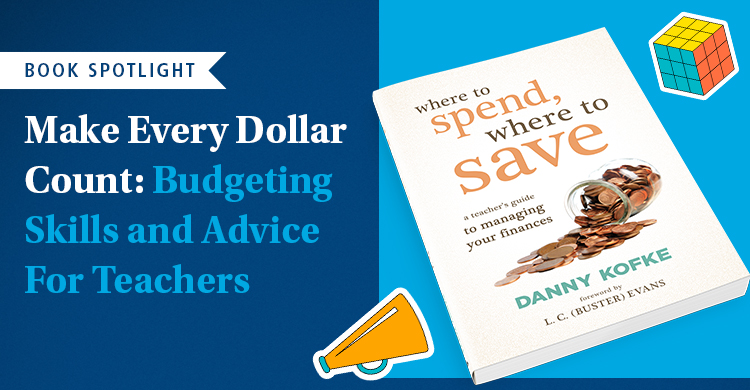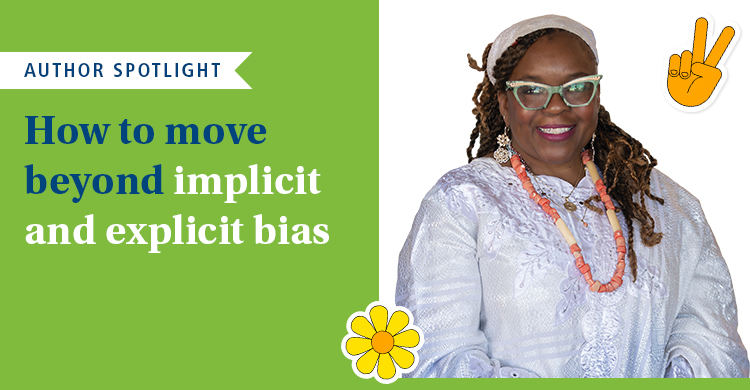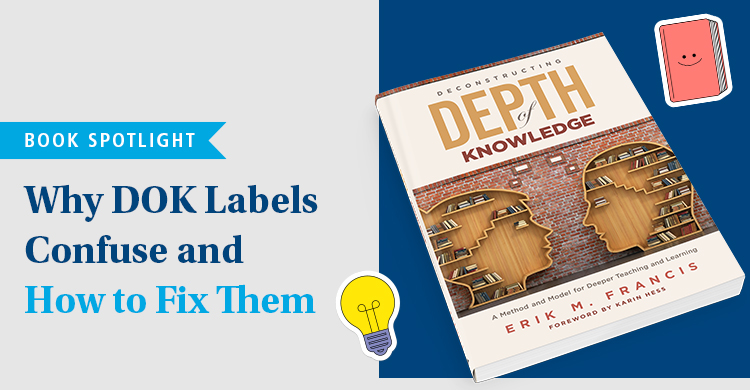No matter what calendar you look at, November and December are always full of holidays. Whether you celebrate Thanksgiving, (participate in Black Friday), Christmas, Hanukkah, or Kwanzaa, these holidays (and the gift-giving that accompanies them) are predictable and can be planned out. Despite this, 36% of Americans went into debt to celebrate these holidays last year! To make matters worse, those who took on holiday debt averaged owing $1,181, with 42% of these consumers being charged 20% or more interest on this debt.
The good news? By using your budgeting skills and following a bit of practical advice for teachers and educators on how to manage your finances, you can enjoy the holiday season without letting those expenses follow you into summer as monthly debt payments.
What’s in a budget
It all starts with the infamous B-word. No, not that one–the budget! A budget is a spending plan based on your income and expenses. Whether it is investing for retirement, eliminating debt, or creating a holiday spending fund, your budget is the foundation that will support all of your financial decisions.

Treat your budget like a lesson plan
I began my career as a kindergarten teacher. If I did not set boundaries and expectations for twenty-five-year-olds, you can probably imagine what chaos would erupt in my classroom in a matter of minutes.
The same goes for your money, as it can tend to act like a kindergarten student when it’s given no direction! Planning how you will spend every dollar can help you stretch your teaching salary. Think of your budget like a lesson plan: you start by defining the objective, then create a plan to guide your students toward the desired outcome.
Track your expenses like a pro
Keeping a detailed account of your expenses will help you identify money that is being spent without purpose. If you live in a house that is too expensive for your salary, financial problems will follow. That one is pretty easy to spot.
However, for many, it can be those day-to-day purchases that lead to financial difficulties. For example, let’s say you get coffee on the way to school each morning and buy a soda from the vending machine during your planning break. You don’t feel too bad about these purchases since they total only $8 a day. Well, that $8 a day equals $1,440 over the course of a school year!
I don’t want to sound negative and make you feel you can’t spend money on things you enjoy. In fact, a budget can help you spend more on the things that matter most to you. By planning carefully, you can have more money for vacations, entertainment, or holiday spending.
Assign every dollar a purpose with a zero-based budget
One of the most effective tools is a zero-based budget, where your income minus your expenses equals zero. That means every dollar you earn is assigned a purpose–but don’t get it wrong, it doesn’t mean every dollar has to be spent.
For example, if after covering all your expenses, you have $400 left over this month, you decide where it goes. It could go into savings, be applied toward debt, or even be set aside for fun and entertainment. The key is that every dollar has a job, so you can make the most of your paycheck.

3 smart moves to keep track of your expenses
When it comes to creating a zero-based budget, there are a few strategies to keep in mind.
- Create your budget before the month begins
For example, plan December’s budget towards the end of November. This gives you a chance to make any adjustments ahead of time, ensuring your budget balances. It also assigns a purpose to every dollar you earn before next month’s temptations start to creep in.
- Take control of variable expenses with a monthly budget
Second, many of your expenses are likely recurring monthly, such as your mortgage or rent, car payment, and student loans. These are easy to plan because they are consistent.
However, some expenses don’t occur monthly or may vary in amount, like homeowner’s or renter’s insurance, vacations, or holiday spending. The good news? You can still budget for these items by treating them like regular monthly expenses.
- Plan ahead to save smarter
Since we are discussing holiday spending, let’s use that as an example. Suppose you want your holiday budget ready for December 2026, and you get paid on the first of each month. If you plan to spend $2,400 next December, you can divide that amount by the number of paychecks until then–12.
$2,400/12 = $200
That means you’ll need to save $200 from each paycheck starting in January. To make this simple, consider setting up a sub-account within your savings account just for holiday spending.
Fast forward to the first weekend in December 2026. Even if you got a late start on your holiday shopping, it doesn’t matter–you now have $2,400 saved and ready to spend, without impacting your finances. No matter which holiday you celebrate, that is definitely something worth celebrating!
Start taking control of your finances
With just a few smart moves, budgeting doesn’t have to feel like a chore–it can actually work for you. Plan your budget before the month kicks off, wrangle those sneaky variable expenses, and save ahead for the things that matter most. Giving every dollar a job turns your paycheck into a powerhouse, ready to tackle holiday spending, monthly bills, or those surprise costs that always sneak up. Start planning now, and enjoy the freedom of knowing your money is finally behaving… just like you always wished it would!

Want to read more about how to manage your finances? Where to Spend, Where to Save by Danny Kofke helps teachers build strong financial habits. Learn to budget, reduce debt, save, and plan for retirement with actionable strategies and practical tips–perfect for starting your teaching career with confidence.
About the author
Danny Kofke is director of training and outreach for the Southern Education Retirement Consortium. He is a former schoolteacher who taught for 18 years before leaving the classroom. Danny taught prekindergarten, kindergarten, first-grade, and special education classes.






